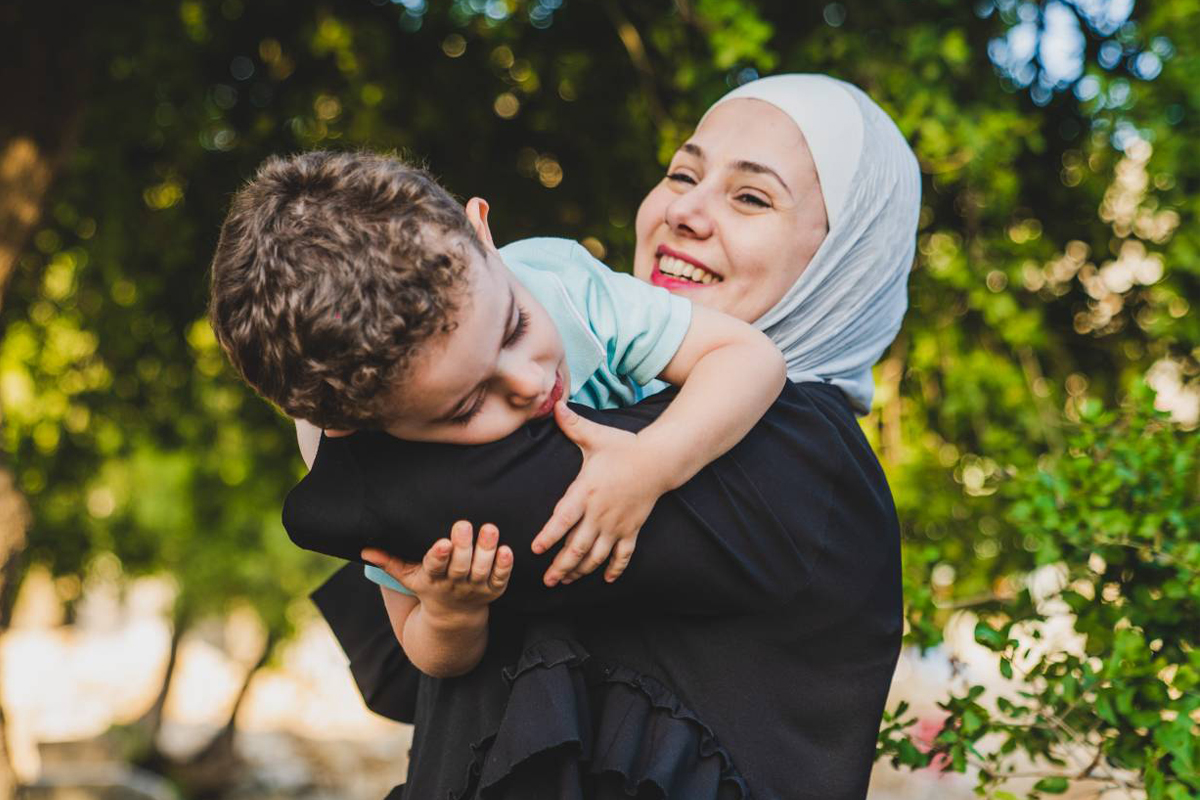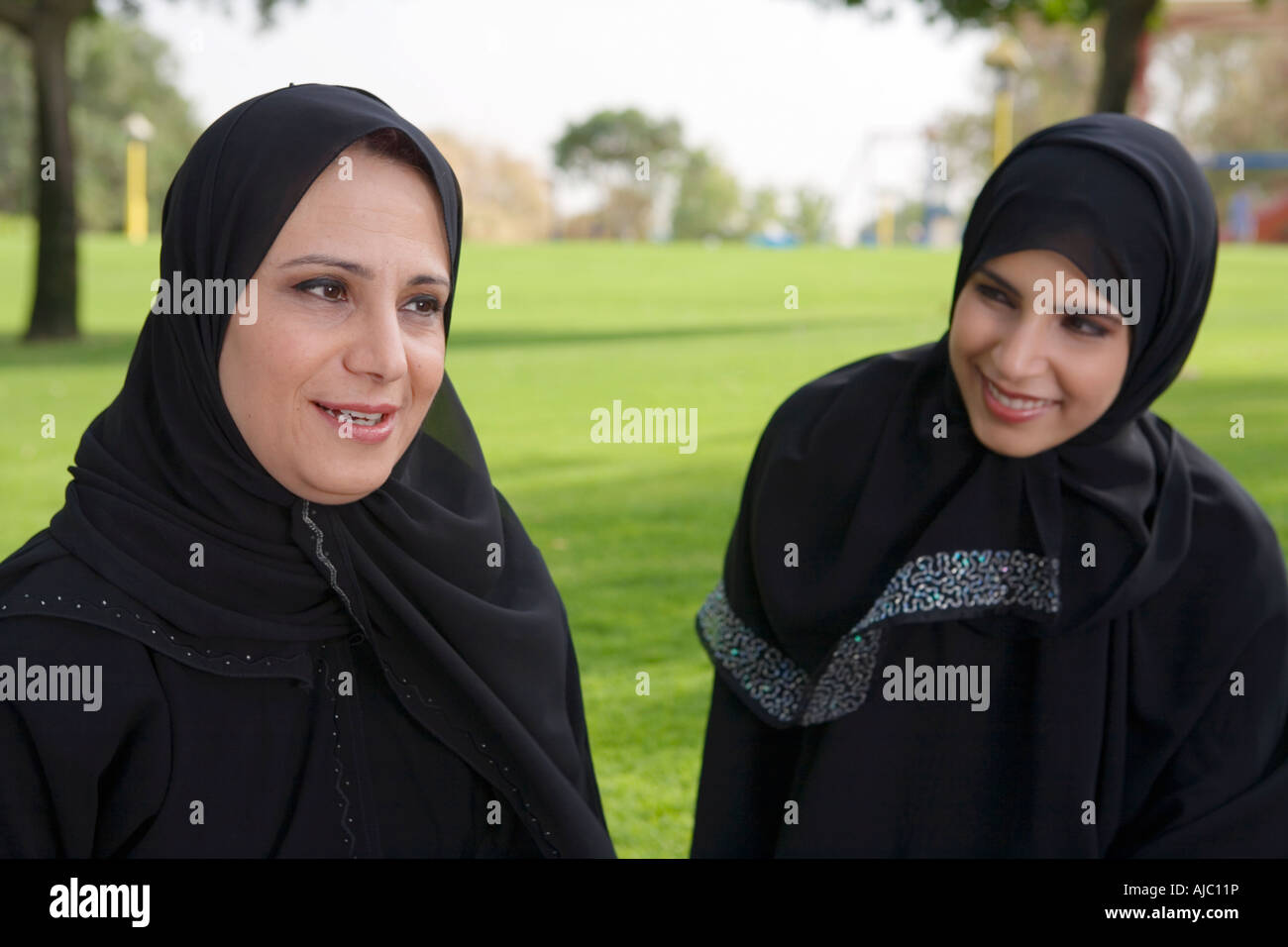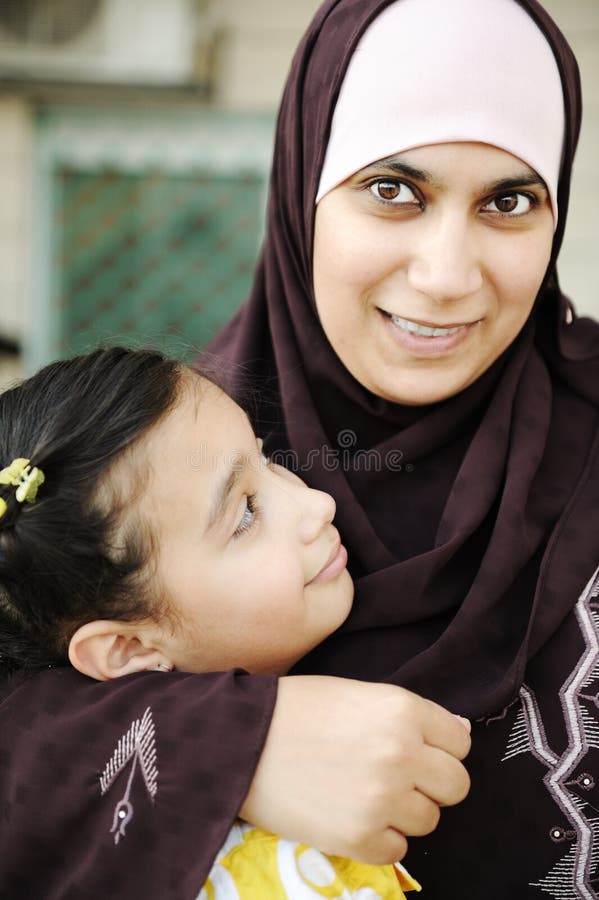Is there a bond more fundamental, more profound, than that between a mother and her child? This connection, a tapestry woven with threads of love, sacrifice, and unwavering support, is universally celebrated, but perhaps nowhere more deeply than in the Arab world.
The Arabic language, rich in its poetic expression, offers a multitude of terms to describe this sacred relationship. "Omm" (), the most common word, simply means "mother," while "Ommi" () signifies "my mother," a declaration of personal affection and familial ties. This seemingly simple linguistic distinction highlights the central role mothers play in Arab culture, a role honored and revered across generations. Mother's Day, celebrated on March 21st throughout the Arab world, provides a dedicated opportunity to express this reverence. Its a time for families to gather, for children to show appreciation, and for communities to reflect on the vital contributions of mothers.
The celebration of Mother's Day on March 21st across the Arab world, coinciding with the vernal equinox, is a testament to the cyclical nature of life and the renewal of spring. The day is infused with a sense of hope and new beginnings, mirroring the nurturing spirit of motherhood. The warmth of the season provides a backdrop for outdoor gatherings, like families in parks, enjoying quality time, love, and laughter. This period is an opportunity to remember the wisdom passed down through generations, acknowledging the profound influence mothers have on their children's lives. The essence of motherhood is captured in countless poems and stories. Marcel Khalifes ballad, To My Mother, is just one example of the beautiful art that honors mothers.
- Incubus Tickets 2025 Tour Dates Where To Buy
- Download Winter Wonderland Graphics Free Stunning Images
The celebration extends beyond the immediate family unit, encompassing the extended family. The term "umm," used affectionately, extends to grandmothers, aunts, and any woman who embodies maternal care. This broad embrace underscores the collective value placed on the role of motherhood within the Arab community. Understanding the nuances of how mothers are perceived and honored offers a window into the Arab world's cultural values, showcasing the deep respect for the roles women play.
The expression of gratitude is not just through words but also through actions, gifts, and quality time spent together. The use of Arabic quotes, rich in poetry and emotion, allows individuals to convey heartfelt sentiments, making the celebration even more special. Traditional proverbs and sayings that have been passed down through generations highlight the wisdom and guidance mothers provide. The saying, "Paradise lies at the feet of mothers," encapsulates the elevated status of mothers in Arab society.
Beyond the celebrations and sentiments, the practicalities of motherhood are also addressed in Islamic teachings, which provide guidelines for parental responsibilities. The Quran emphasizes the importance of caring for parents, especially mothers, and ensuring their well-being. This includes financial support, emotional care, and obedience, reflecting the cultural values of respect and reverence. The Quranic verses offer clarity on the duties of parents to their children and the reciprocal responsibilities of children towards their parents.
Parenting styles within Arab families are primarily influenced by the country of origin and birth order, rather than urbanization or the level of education. This suggests that cultural traditions have a great influence on family dynamics and upbringing. This cultural element plays an essential role in forming the identity of children and transmitting moral values across generations. The emphasis on collective living and family togetherness also shapes the parenting approach, stressing cooperation, shared responsibilities, and the importance of family support networks.
Despite the common thread of respect for mothers, the practical expressions of this respect differ among Arab countries. For example, mothers are often regarded as the core of the family in many nations, and their judgment and counsel are valued. They play a significant role in bringing up the family and establishing cultural values. Mothers are not just caregivers but also key influencers in their children's life, providing moral guidance and assisting them in overcoming societal challenges. Their participation in community affairs and support for their families contributes to social cohesion and stability.
The importance of mothers in Arab culture is deeply ingrained in the language, traditions, and everyday lives of people. The language provides a powerful means to express the strong emotions connected with motherhood. The terms, like "umm" (mother) and "ommi" (my mother), reflect the high respect and endearment that individuals feel towards their mothers. Additionally, the wide use of quotations and proverbs that value mothers' wisdom, love, and sacrifice emphasizes the profound appreciation for mothers and the essential role they play in society.
The celebration of Mother's Day in the Arab world isn't just a singular event; it's a reflection of continuous respect, appreciation, and devotion to mothers. The day provides an opportunity for people to pay tribute to the profound contribution mothers make in shaping their families and societies. In a variety of ways, including presents, verbal expressions of love, and moments of shared quality time, the day offers a stage to honor their unwavering support, love, and guidance. The dedication to upholding maternal roles in the Arabic culture is a reflection of a society that values family, tradition, and the essential connection between a mother and her child.
While the celebration of Mother's Day provides a platform to express gratitude, its crucial to acknowledge the wider societal context within which Arab mothers live. The cultural and religious emphasis on the role of the mother can, at times, place significant expectations and pressures on women. It is important to understand the diverse experiences of women. The dynamic of mothers in the modern world is constantly evolving, reflecting the complexity of contemporary Arab societies. The importance of education, empowerment, and autonomy is becoming more recognized, and it is playing a vital role in reshaping the future of Arab families.
Contemporary discussions about motherhood in the Arab world frequently deal with the interaction of tradition and modernity. There is a rising awareness of the importance of women's rights, gender equality, and the necessity of having policies that support mothers and families. These discussions have the purpose of acknowledging the contributions that mothers make and creating a more fair society for Arab women. The dialogue involves cultural preservation and the embracing of change, working to give mothers more choices, chances, and support within a continuously evolving cultural context.
This evolution is also seen in the way families function. In many Arab nations, there is a trend toward smaller family sizes. The role of mothers in the workplace is growing, and family life and professional duties are becoming more intertwined. These transformations, which are influenced by factors like education, urbanization, and globalization, are changing family structures and parenting approaches.
The integration of online platforms into daily life also affects how Arab families interact and share information. Social media and digital technologies have made it easier to connect with people, share stories, and celebrate special occasions, including Mother's Day. Through online platforms, mothers may form networks of support, discuss parenting, and share cultural information. These online interactions influence the way cultural values are upheld and shared, offering chances for community involvement and collective experiences.
In the U.A.E. and across the Arab world, there is a strong embrace of traditions mixed with an increasing acknowledgment of the necessity of women's rights. The blending of contemporary lifestyles and cultural values is very evident in the way that Mother's Day is observed. Marketing campaigns and other public events demonstrate the recognition of mothers and the value of family unity. This is evident in advertising campaigns and public events. Mother's Day is a time when traditional values are honored and when new ideas about gender equality and women's rights are embraced.
The challenges faced by mothers in the Arab world are diverse. Some mothers face challenges related to cultural expectations, societal pressures, and economic constraints. However, the spirit of resilience and the support networks within communities offer strength and encouragement. Motherhood is a complex role, demanding a variety of skills, adaptability, and the ability to find a balance between personal and family needs. Through this complex journey, the unwavering dedication of mothers shapes families, strengthens communities, and maintains the core values that define Arab culture.
The enduring legacy of mothers in the Arab world will persist because it represents the continuous dedication, love, and sacrifices made over countless generations. The traditions, values, and language that support the role of mothers are deeply embedded in the social fabric. When observed on March 21st each year, the celebration of Mother's Day is an emotional tribute to mothers. The respect for mothers is further demonstrated by the use of heartfelt words and expressions. The continuous emphasis on the role of mothers and the unwavering recognition of their contributions help to define the distinctive character of Arab communities and culture.



Detail Author:
- Name : Prof. Adrain Will V
- Username : lowe.nicholaus
- Email : eryn49@hotmail.com
- Birthdate : 2004-02-06
- Address : 37632 Bashirian Square East Blaise, CA 39816
- Phone : +1 (458) 893-3568
- Company : Huels Ltd
- Job : Recreational Therapist
- Bio : Dolor quia sed quidem. Totam earum non dolorem et ullam deserunt. Non magni est quod qui quia sapiente. Quo perferendis quia nobis molestiae ut quos quod sunt.
Socials
instagram:
- url : https://instagram.com/larkin1979
- username : larkin1979
- bio : Quisquam est quibusdam dolores voluptas consectetur. Voluptatem fuga sapiente corporis qui commodi.
- followers : 1216
- following : 2971
facebook:
- url : https://facebook.com/larkin2018
- username : larkin2018
- bio : Quibusdam dolorem officiis suscipit quasi natus.
- followers : 5142
- following : 737
tiktok:
- url : https://tiktok.com/@larkinh
- username : larkinh
- bio : Ab laudantium suscipit voluptates aliquam.
- followers : 5403
- following : 1503
twitter:
- url : https://twitter.com/harrison_larkin
- username : harrison_larkin
- bio : Eaque debitis ut quia asperiores corrupti unde. Sunt provident aut et cumque. Inventore id recusandae sapiente praesentium repudiandae quis.
- followers : 822
- following : 1295